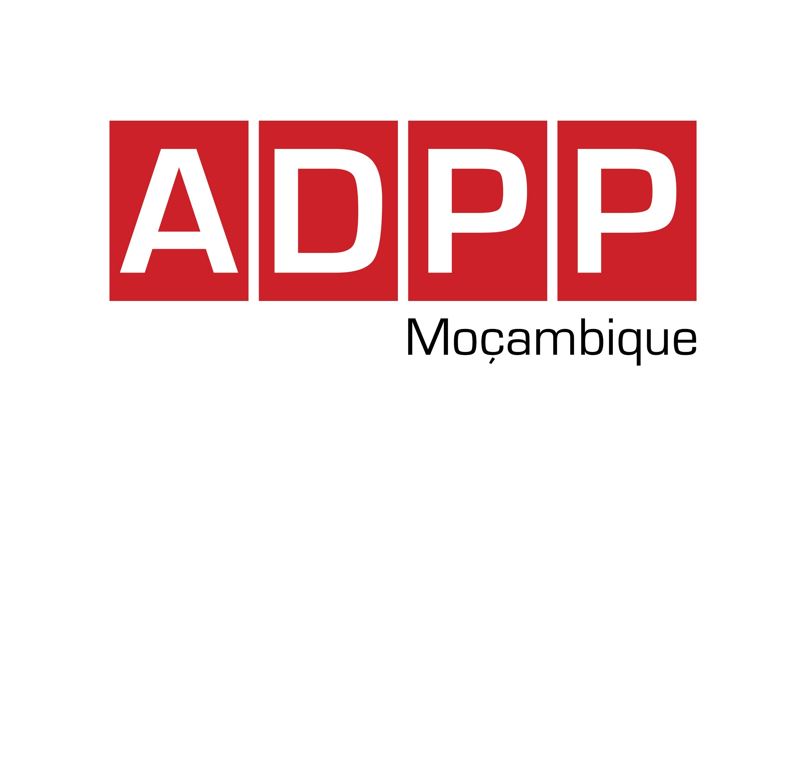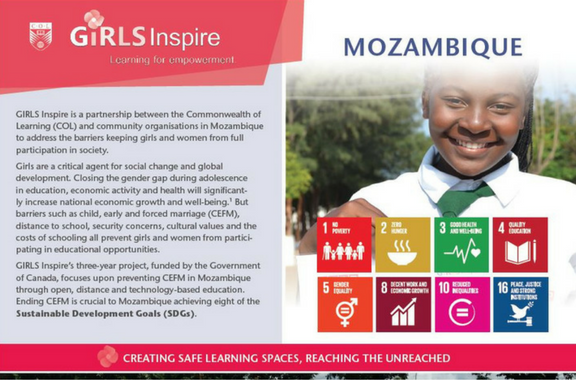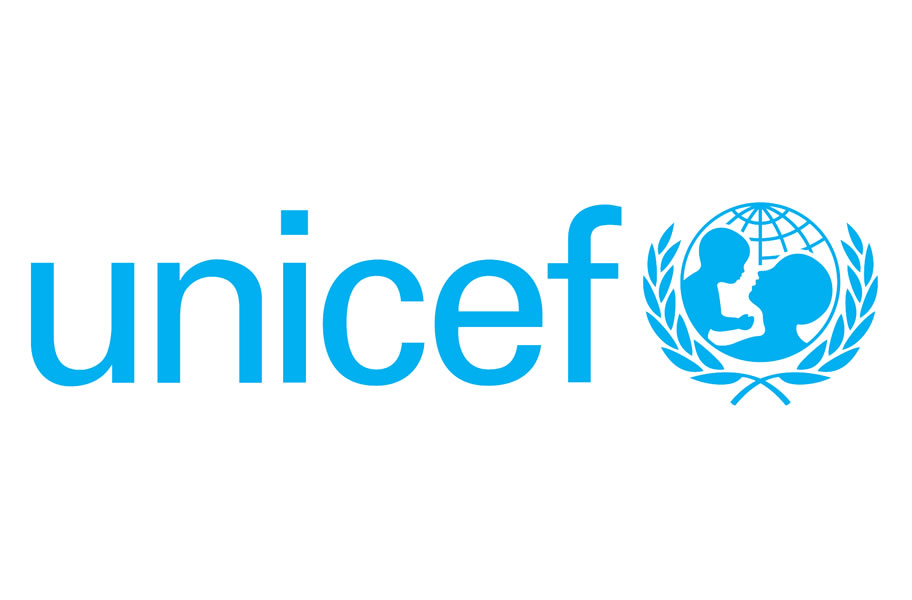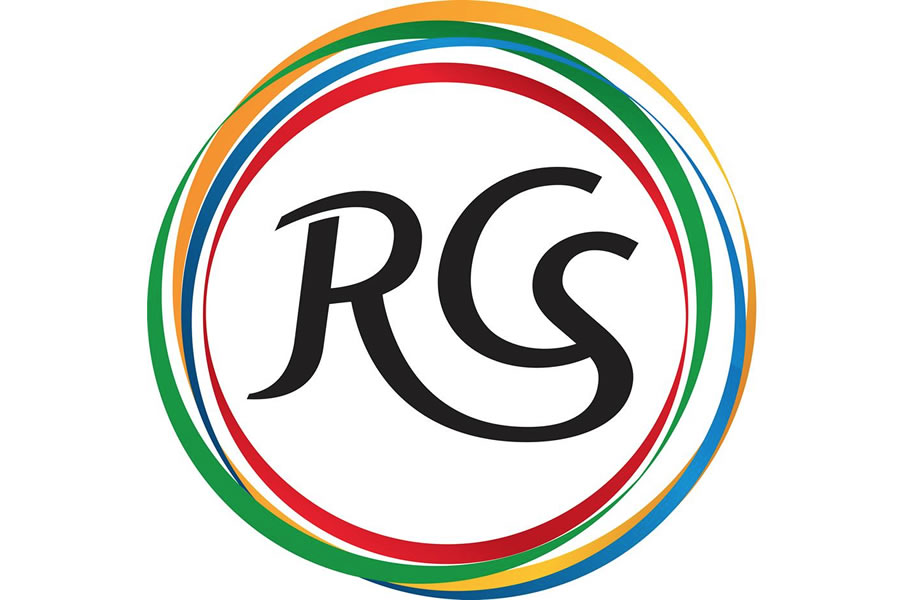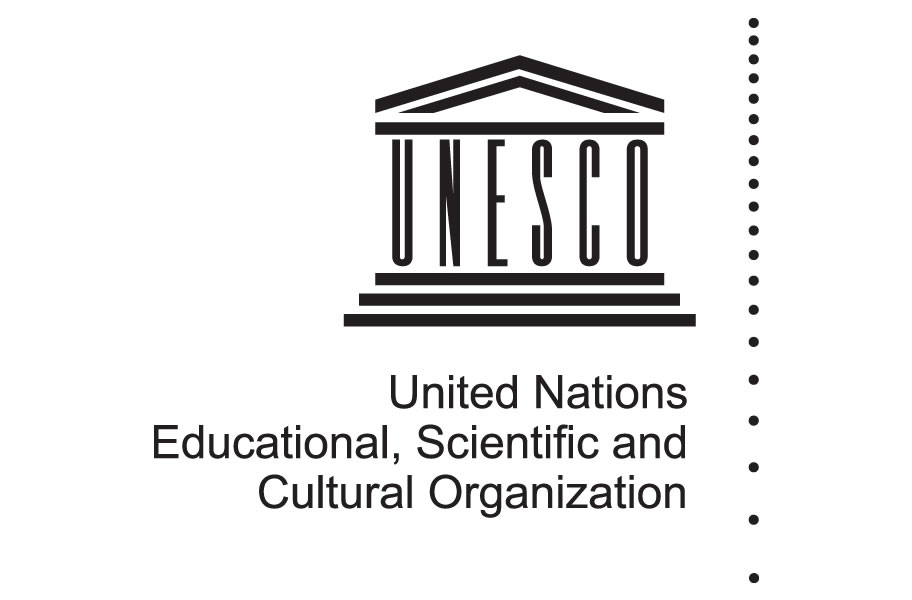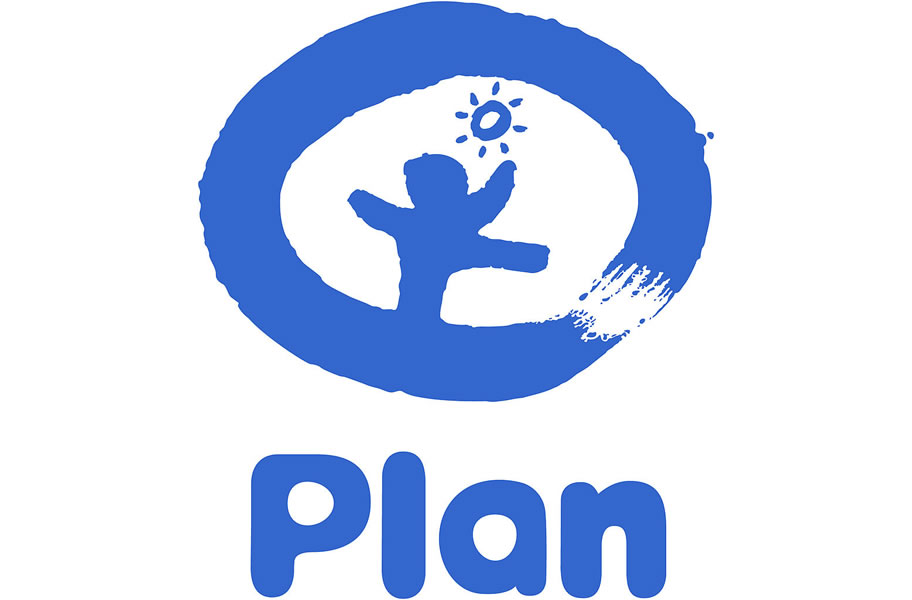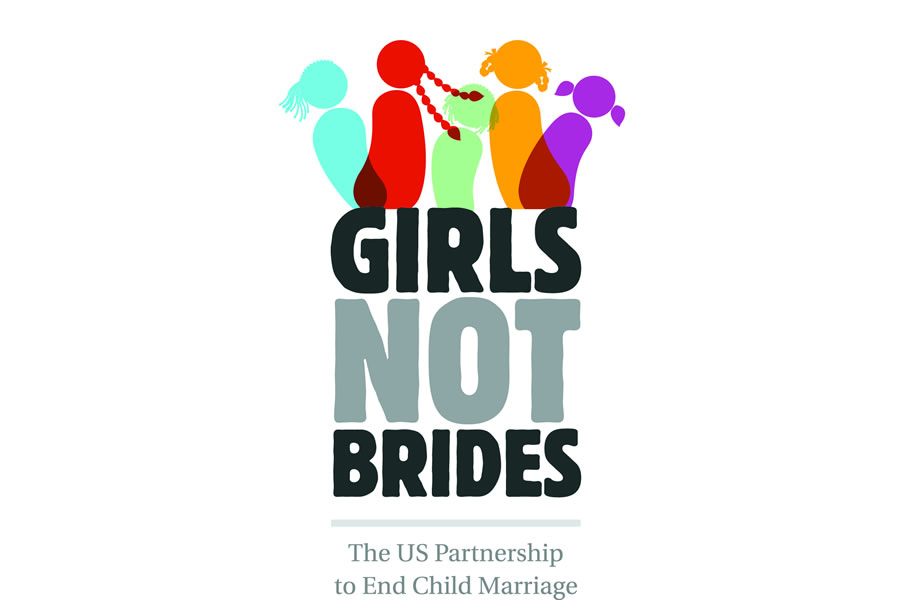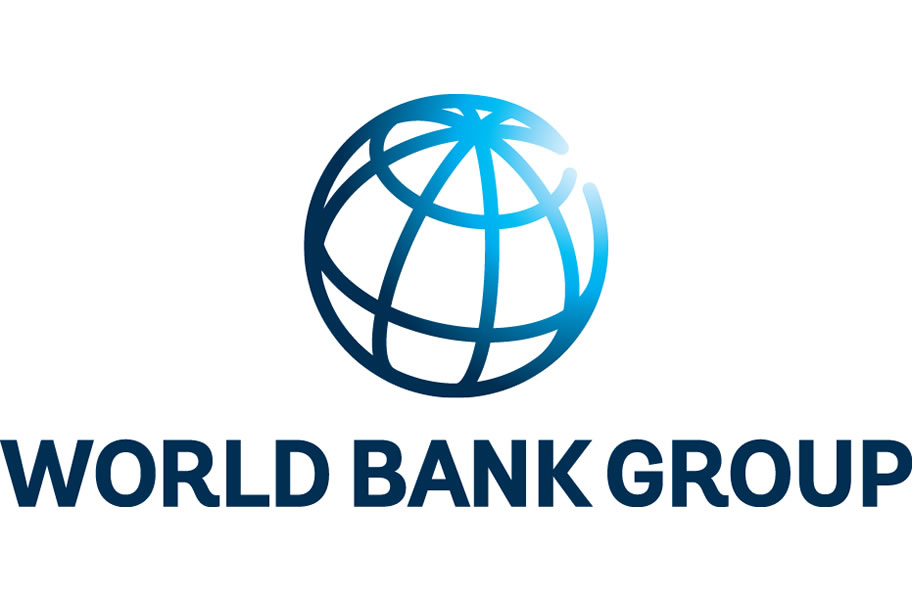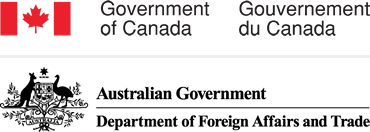The barriers girls face in Mozambique
Mozambique’s Ministry of Education reports that the overall literacy rate is 47 per cent, with female literacy at 28 per cent which lags far behind that of males at 60 per cent.
According to USAID, more than half of girls in primary school drop out by the fifth grade. Only 11 per cent continue to study at the secondary level, and only 1 per cent continue on to college. Among those who finish primary school, almost two-thirds complete without basic reading and writing skills.
Mozambique has very high ratio of girls dropping out of schools, and getting married at an early age.
Child marriage is more prevalent in the rural areas and heavily concentrated in the Northern and Central regions. According to the 2011 Demographic and Health Surveys (DHS), 56 per cent of women aged 20 – 24 were married by the age of 18 in rural areas, compared with 36 per cent in the cities.
Marriage before the age of 18 was found to be particularly high in the provinces of Niassa, Cabo Delgado and Manica. In Niassa, almost one quarter of women (24 per cent) were married by the age of 15.

Girls Inspire in Mozambique
The project focuses on ten districts in the central and northern regions of Mozambique – namely Cabo Delgado province (Moeda, Muedumbe and Montepuez), Nampula province (Meconta and Rapale), Niassa province (Cuamba, Lago and Mandimba) and Tete province (Moatize and Angónia) – where girls’ education is low and early marriages are high.
In Mozambique, the collaboration between the Commonwealth of Learning (COL), the Associação Progresso and Ajuda De Desenvolvimento De Povo Para Povo (ADPP) works to strengthen its own organisations, to raise awareness within communities about the barriers to girls’ empowerment and to provide learning opportunities in order to empower those who are currently married (victims of child marriage) and those at risk of early marriage.
The focus of Associação Progresso is to raise awareness in the target districts to bring to light the harmful impact to society of child, early and forced marriage and other gender-based discrimination and violence.
Meanwhile, Ajuda De Desenvolvimento De Povo Para Povo (ADPP) works on improving access to education and life skills for disadvantages girls and enhance their assertiveness and self-supportiveness in Nampula province.
Outcomes
Outcome 1
Institutions improve institutional capacity to design and deliver quality gender sensitive skills-oriented learning programs for girls and women and increase their technical skills to leverage open and distance learning (ODL) which address the barriers girls and women experience, among local partners.
Outcome 2
Communities increase awareness on the benefits of girls’ education, and the use of open, distance, and technology-based education and training, among parents and community leaders, as well as increased awareness of the negative consequences of child, early and forced marriage (CEFM) on development.
Outcome 3
Girls increase their knowledge about their health and social rights and the negative consequences of child, early and forced marriage (CEFM), gain skills that are locally relevant and validated by the labour market, and have aspirations for employment.







